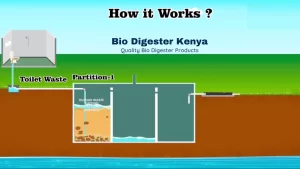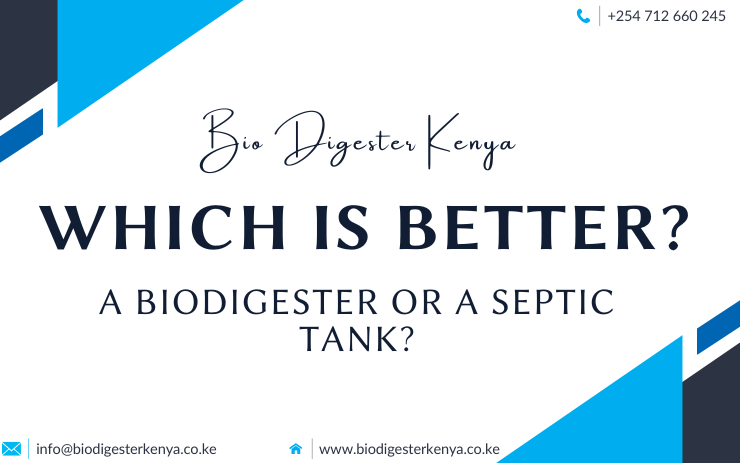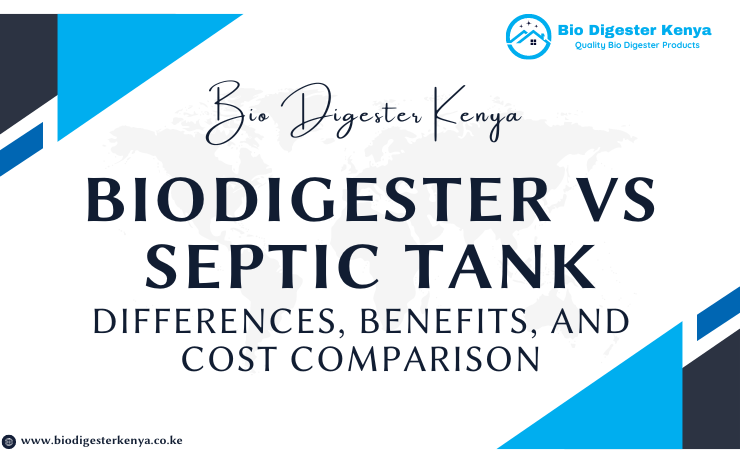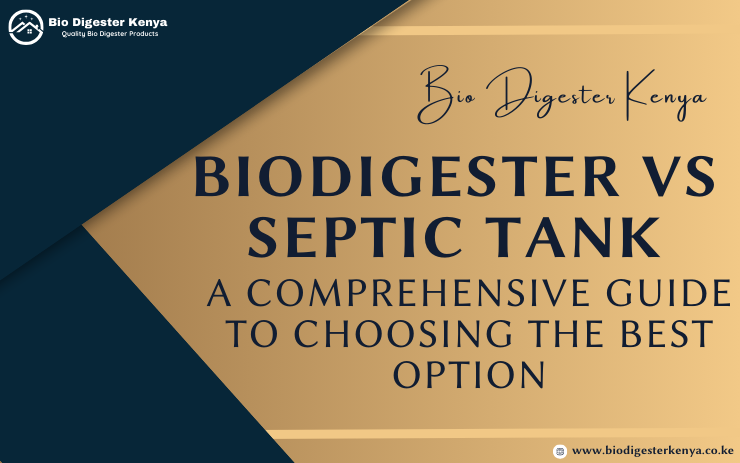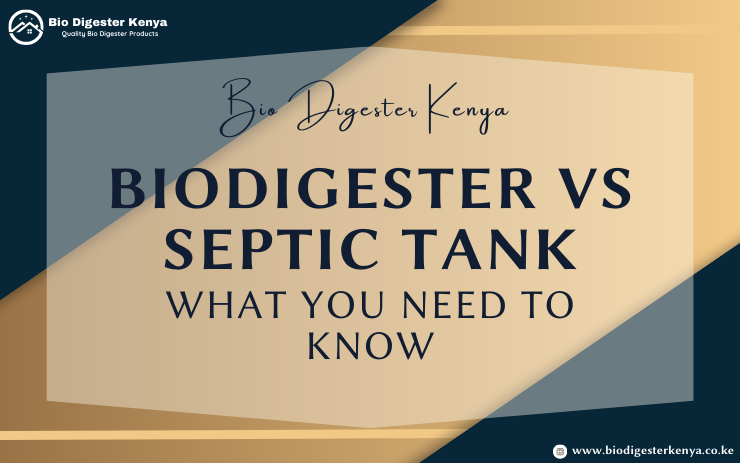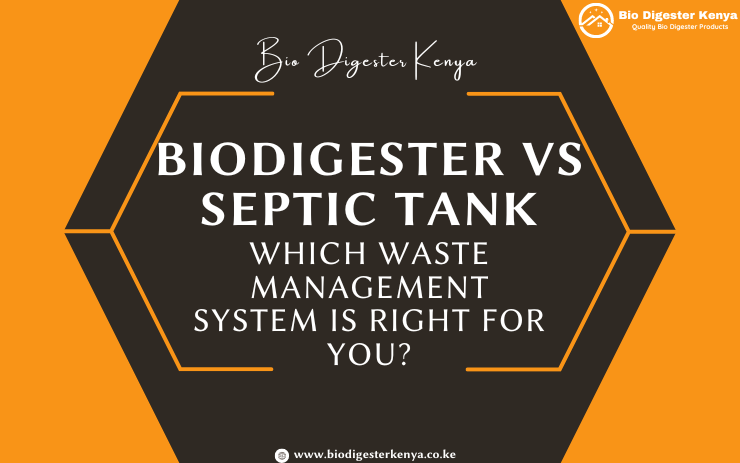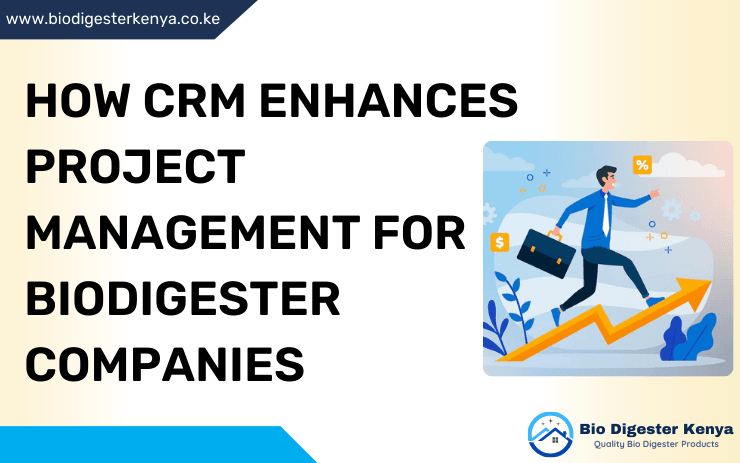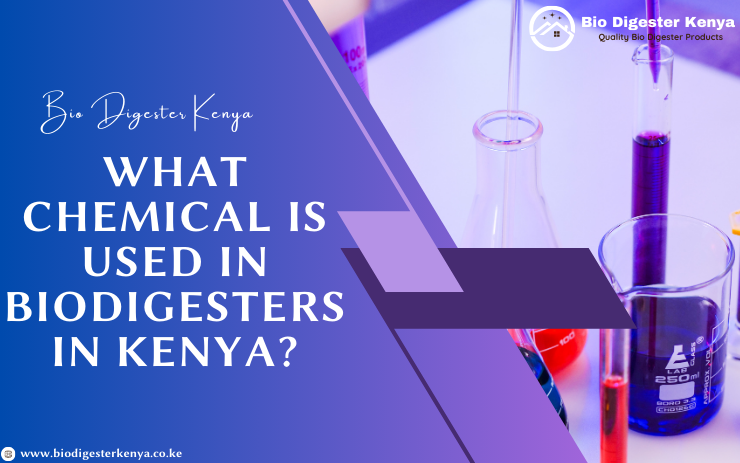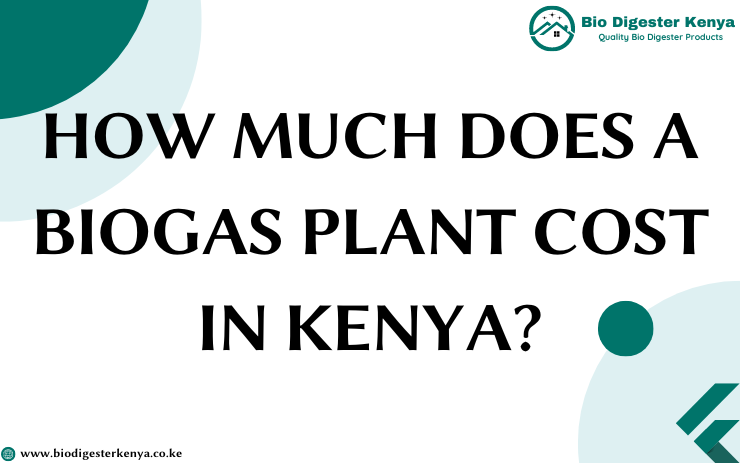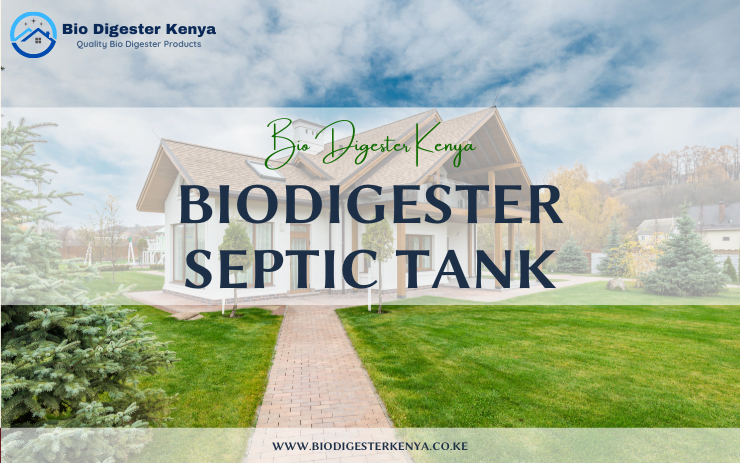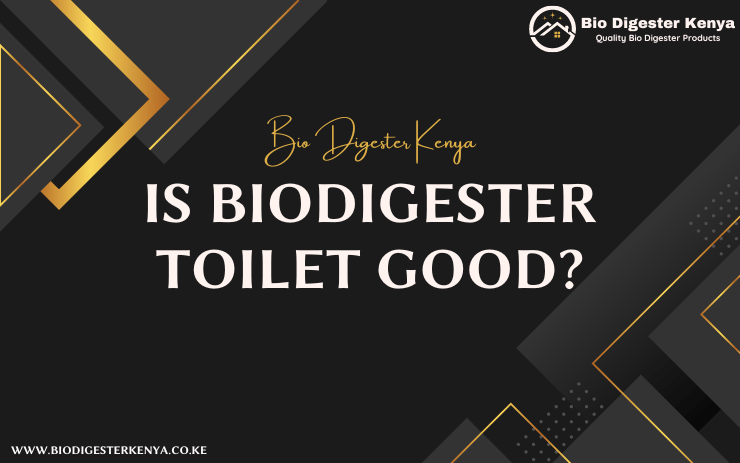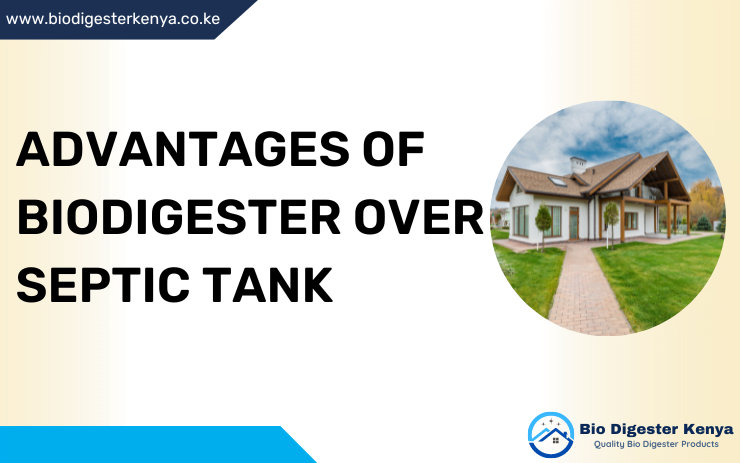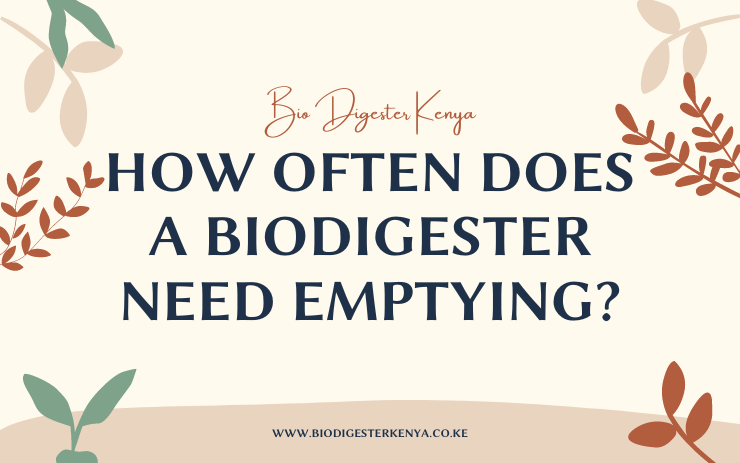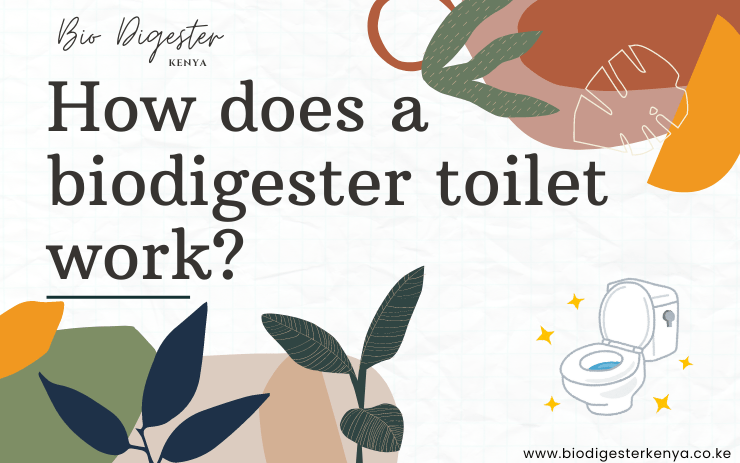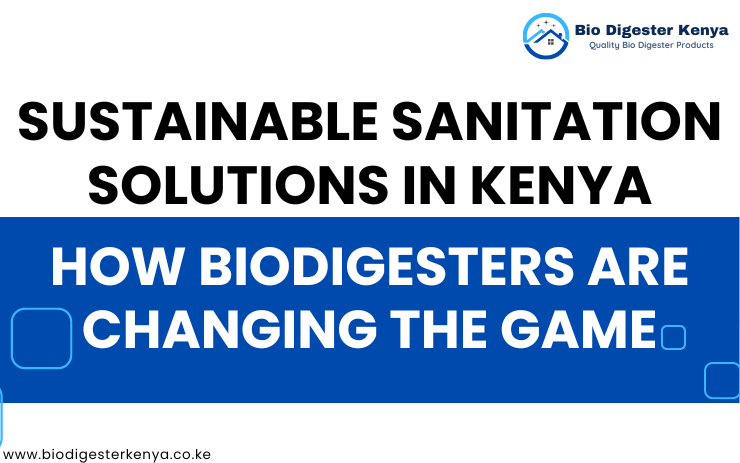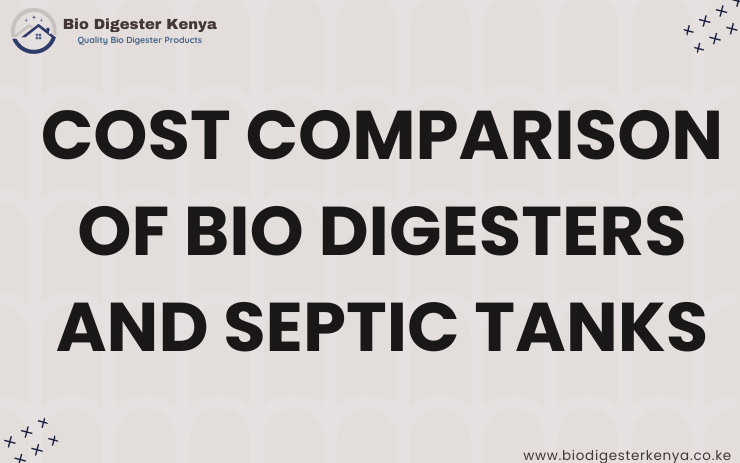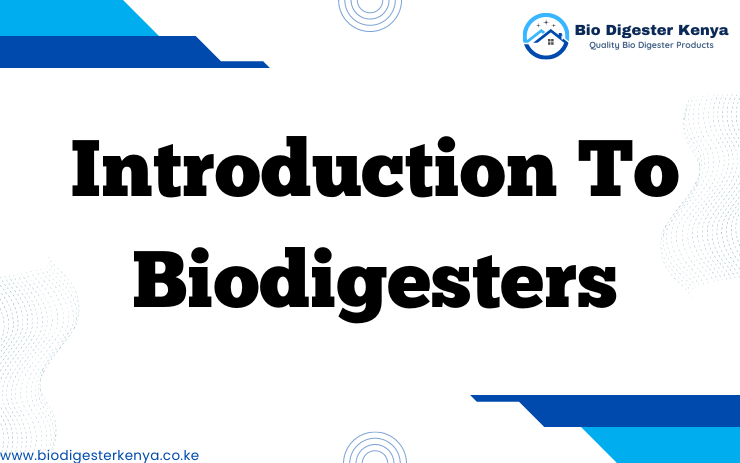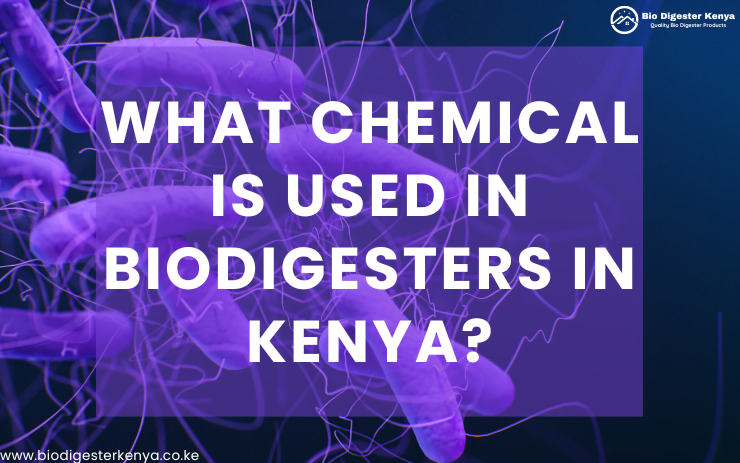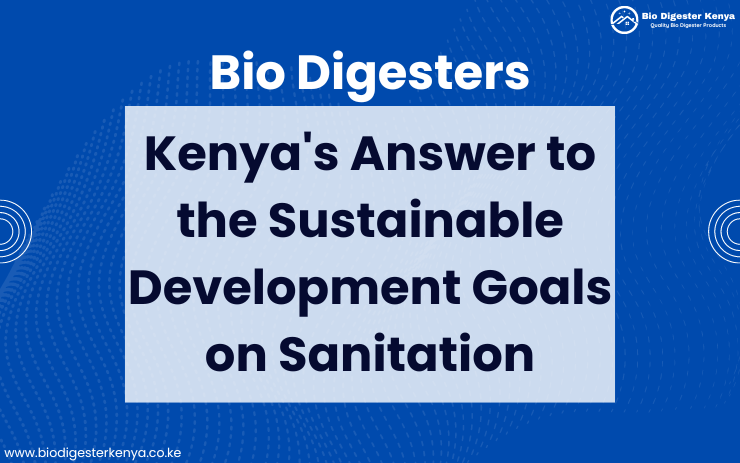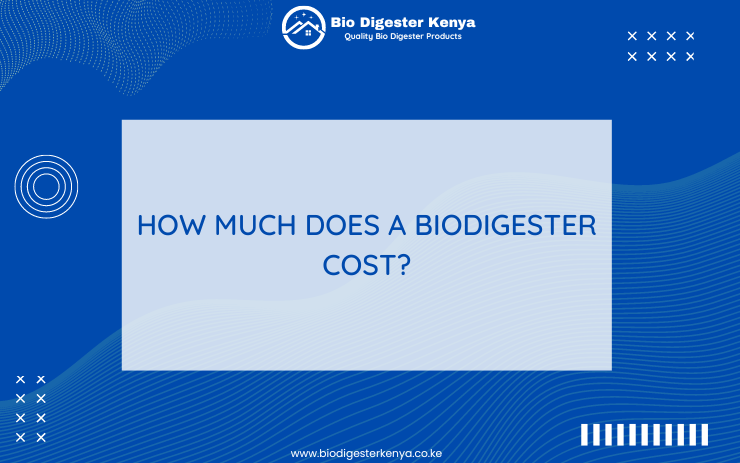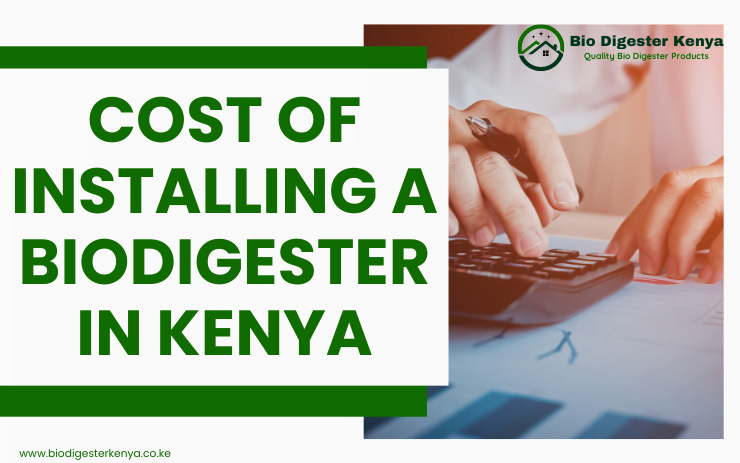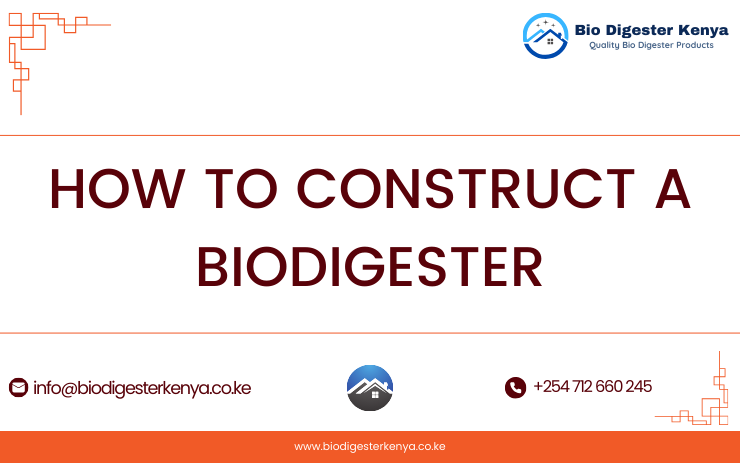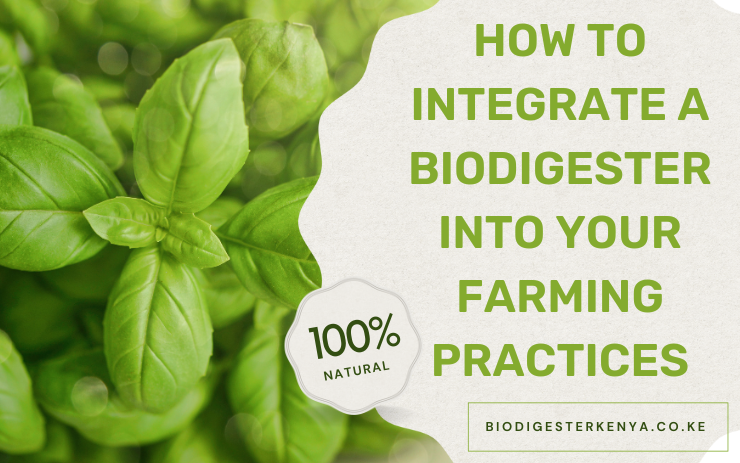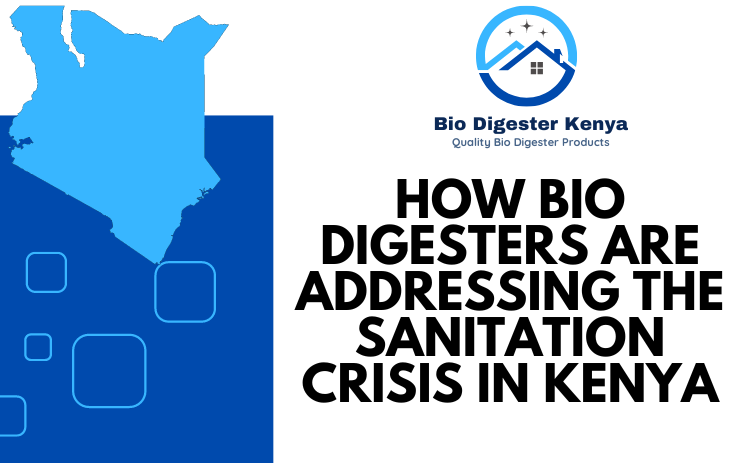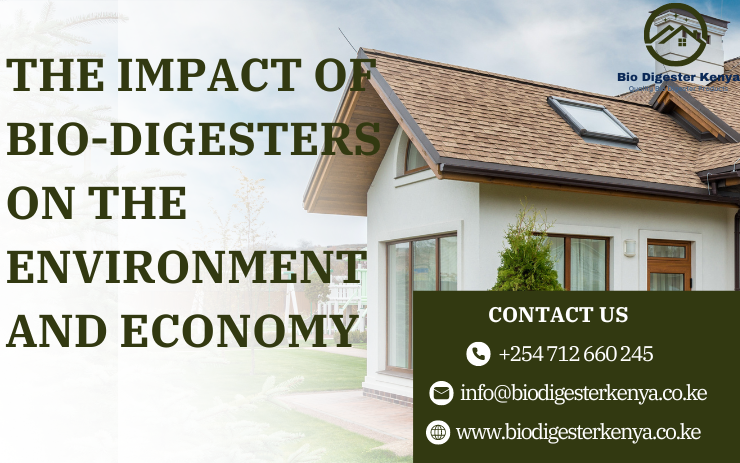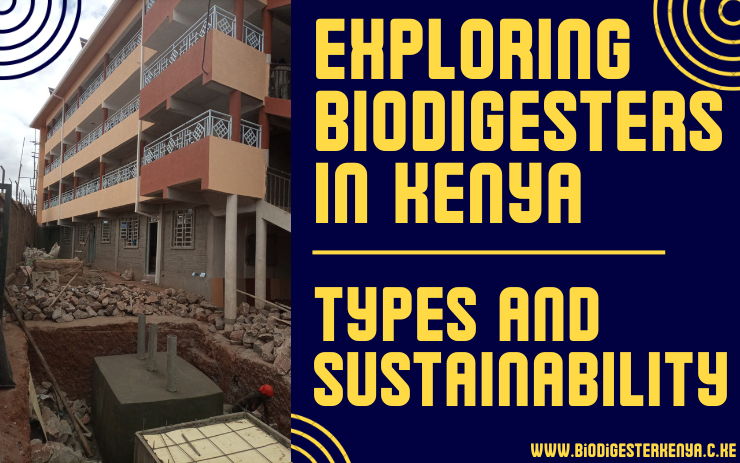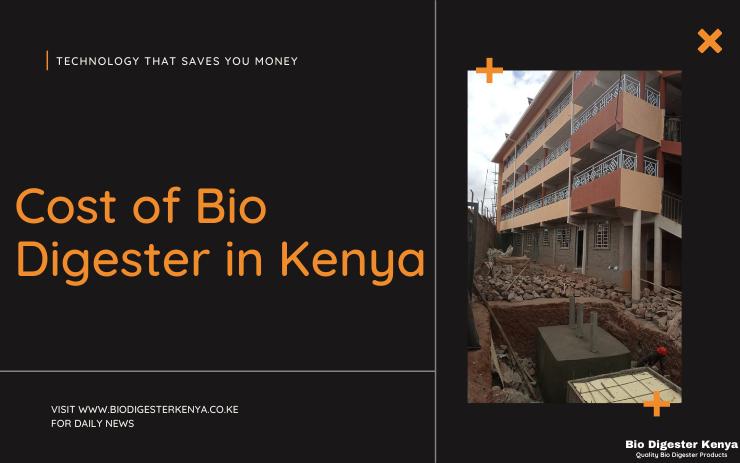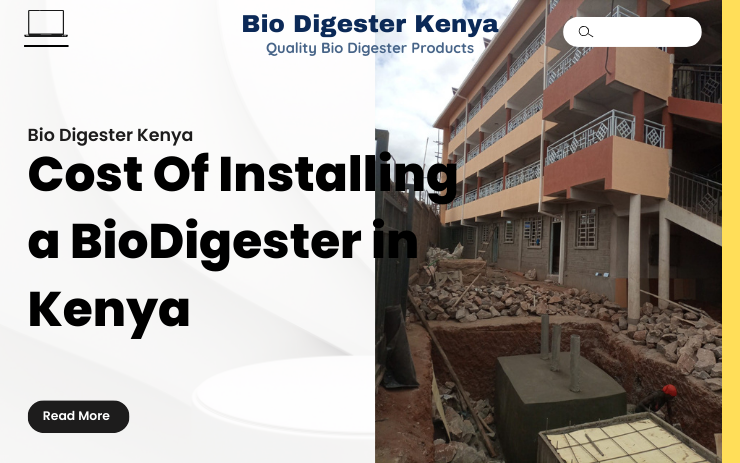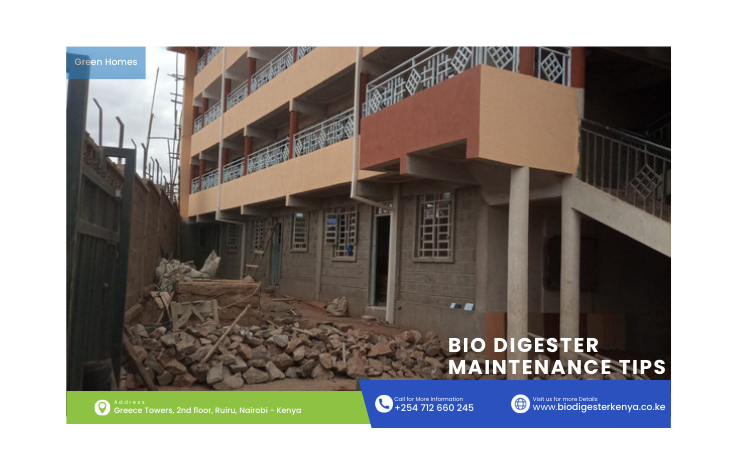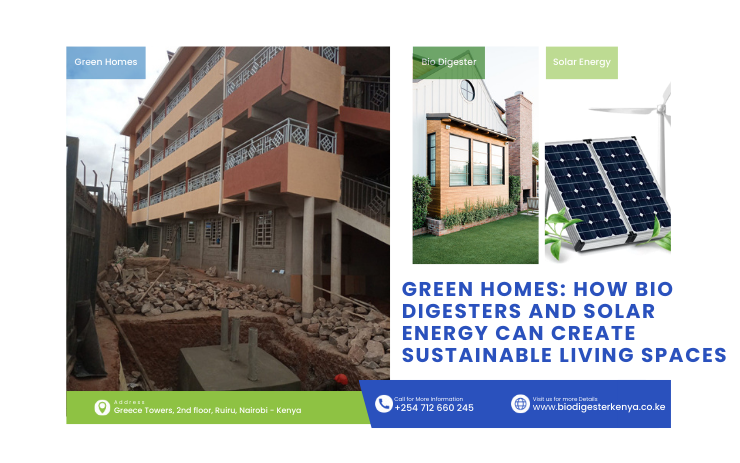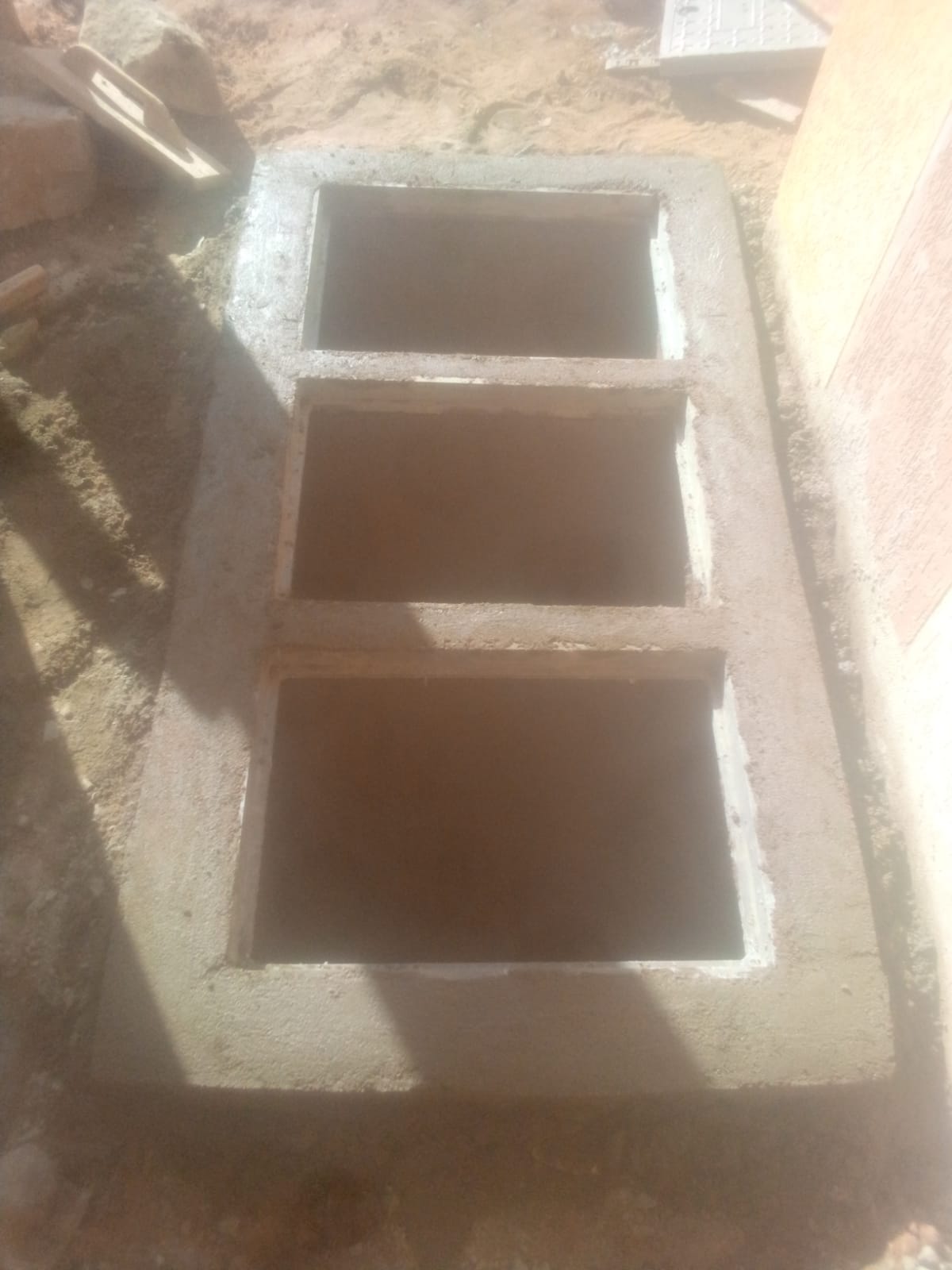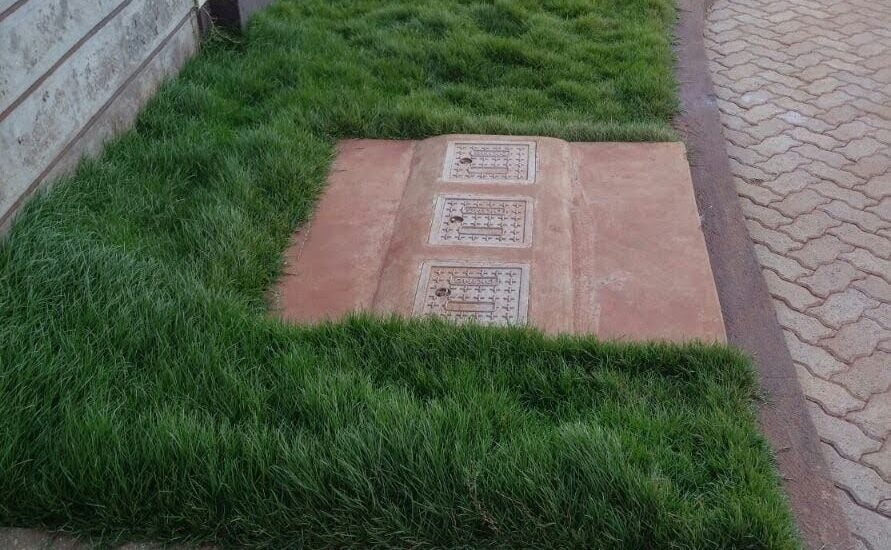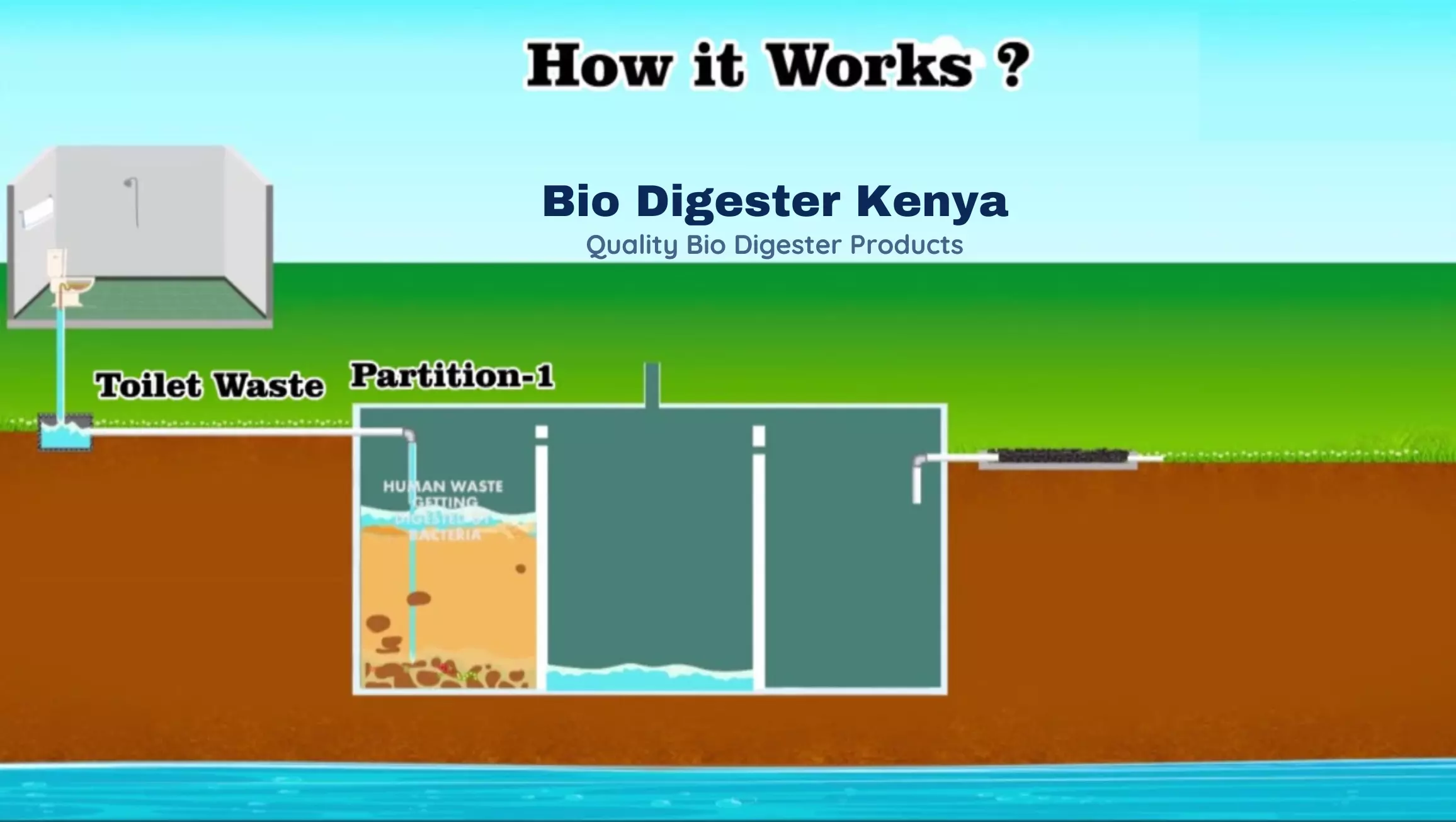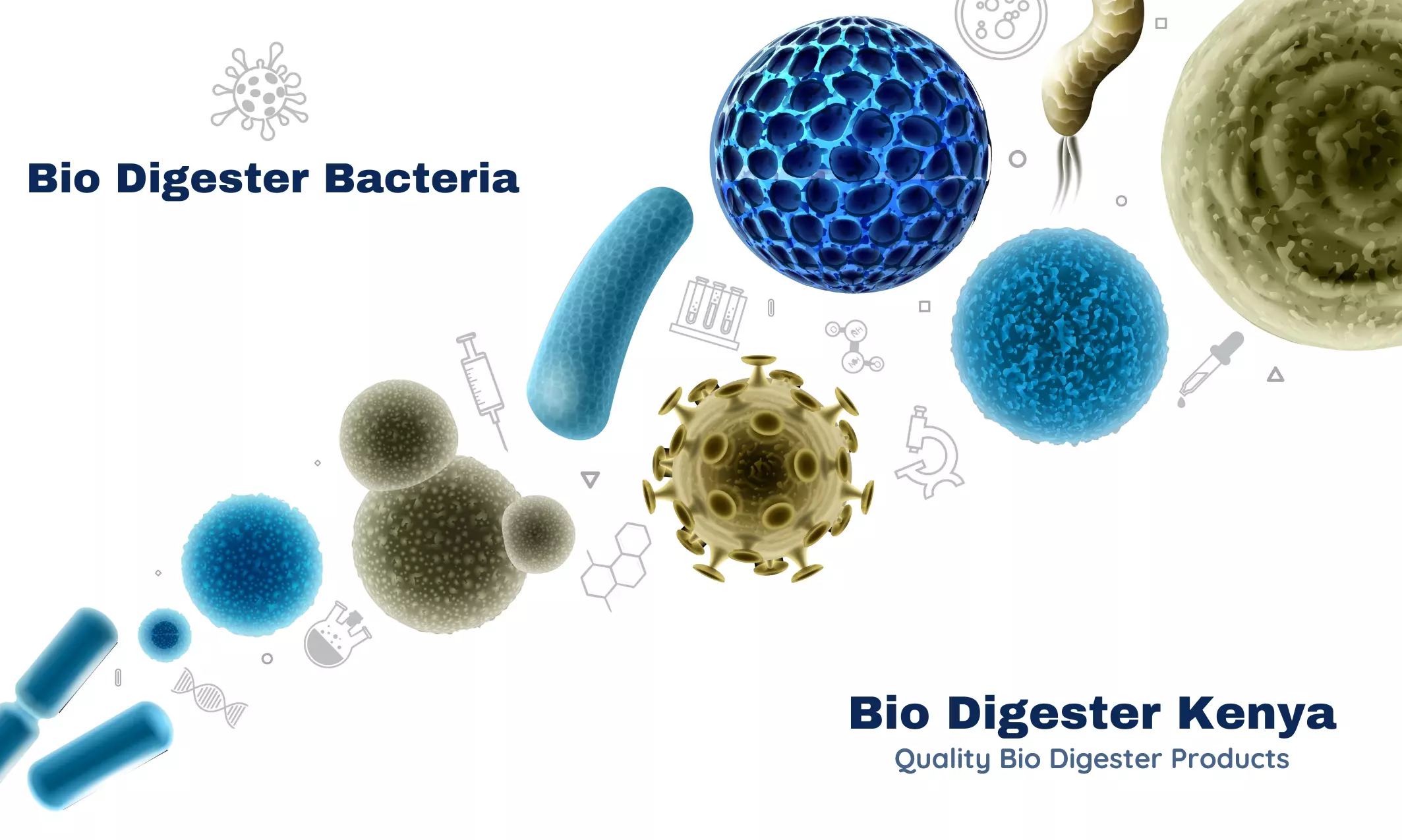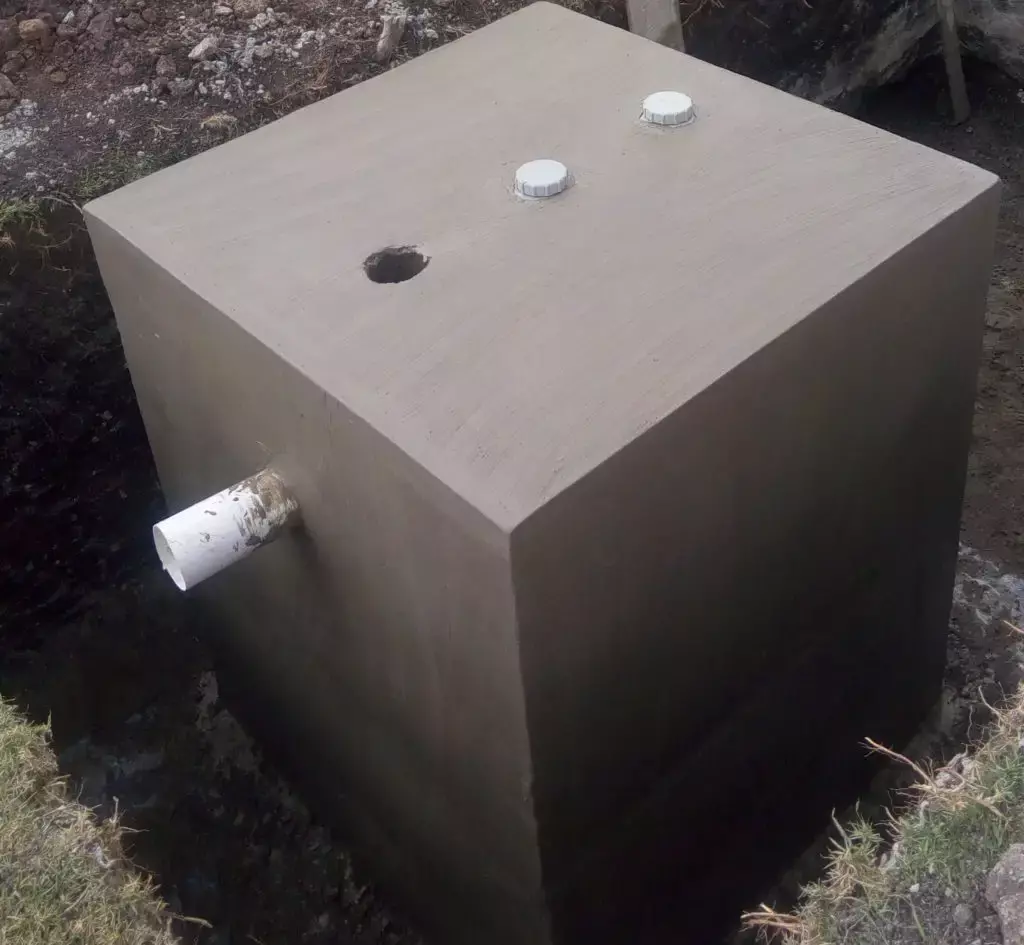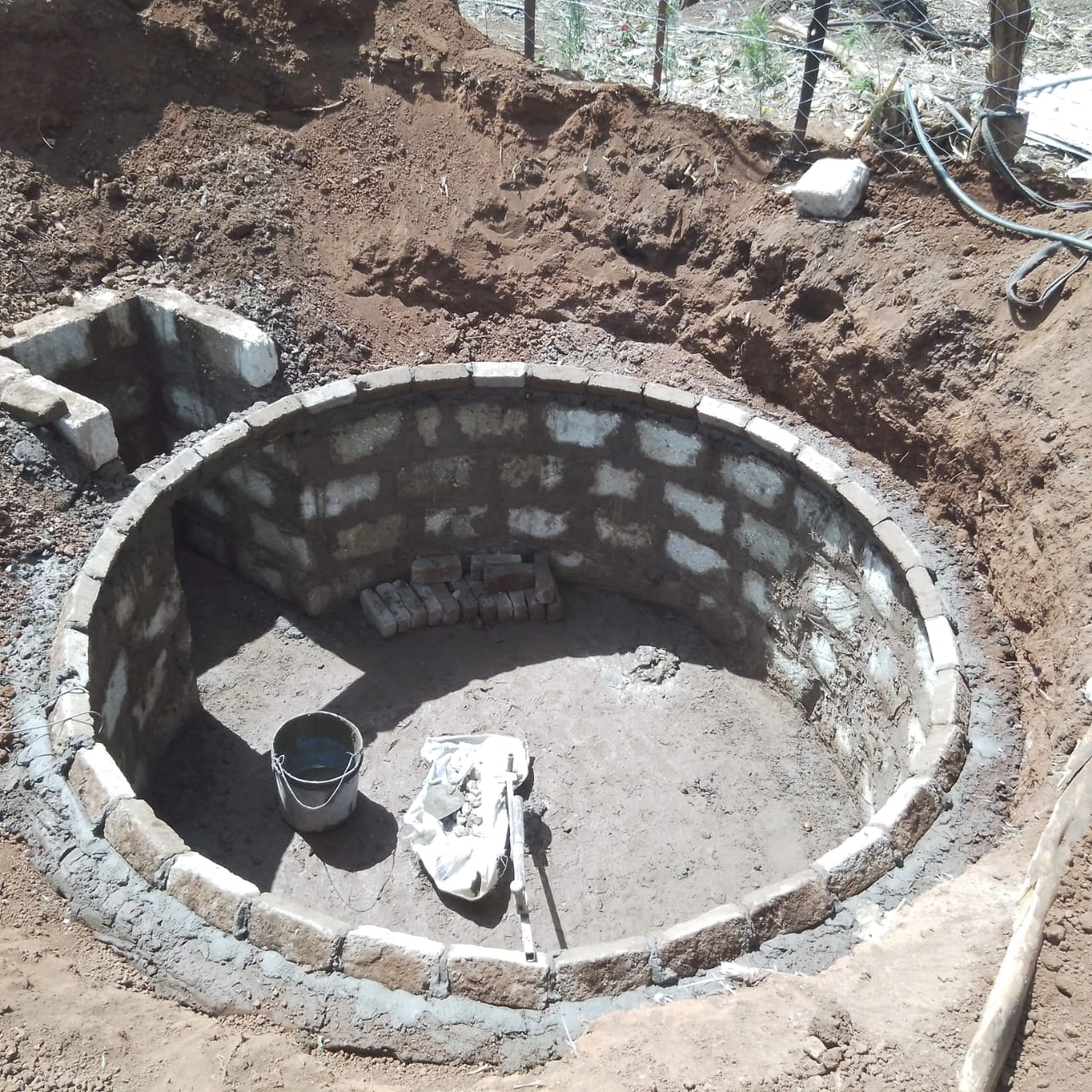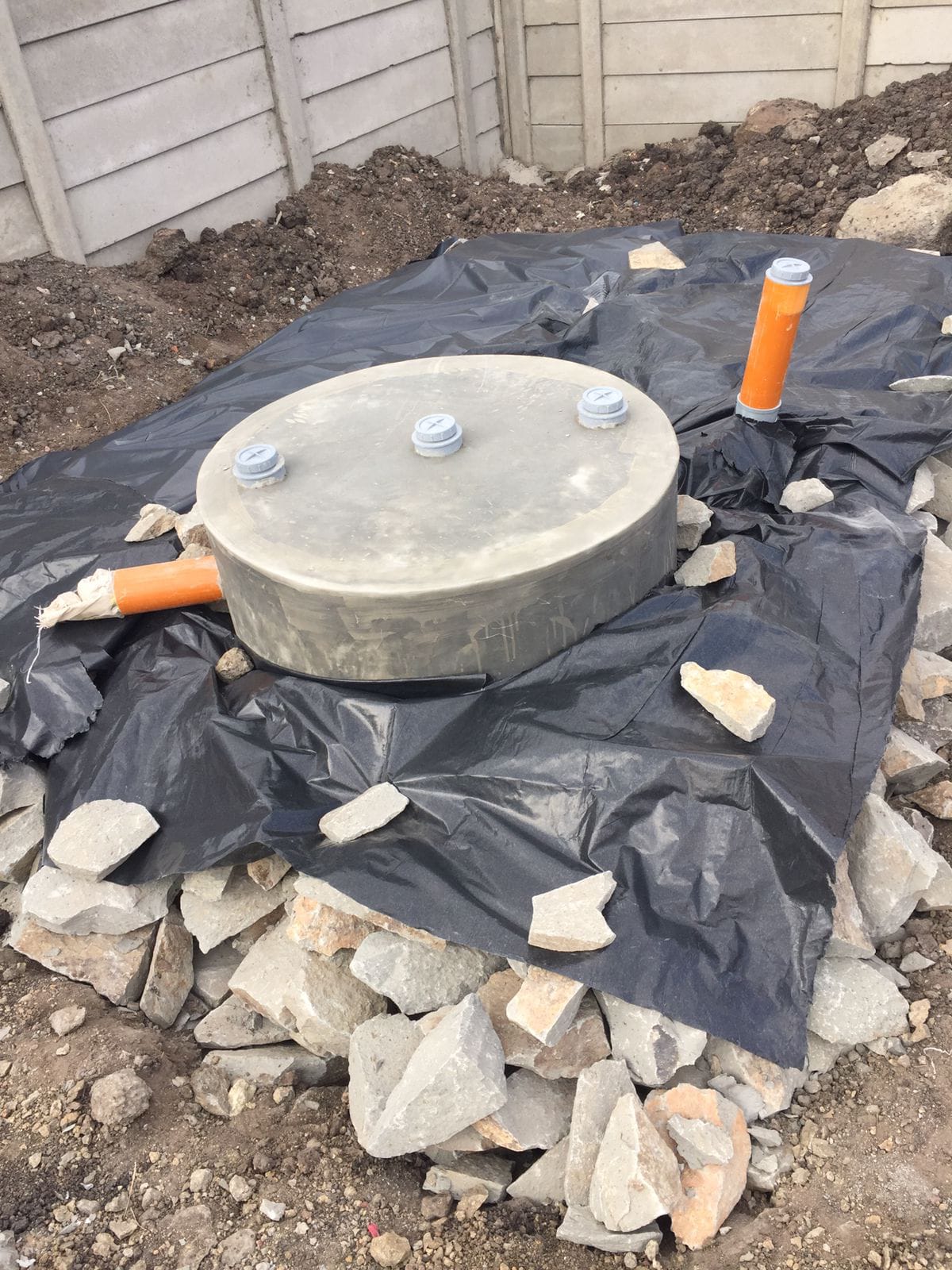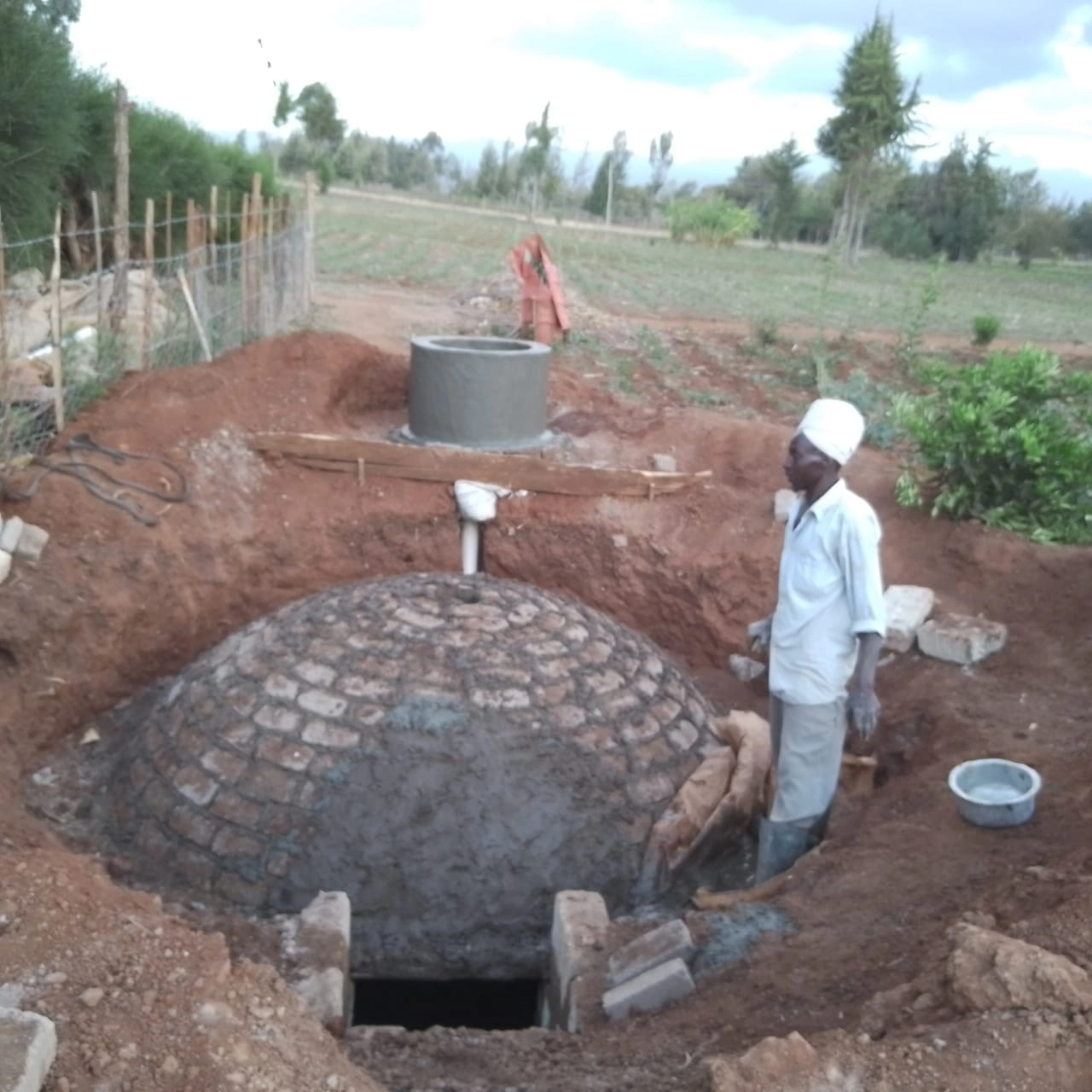Learn about the eco-friendly alternative to conventional septic tanks in Kenya with biodigesters.
Discover the benefits, applications, and successful implementations of bio digesters for residential and commercial waste management.
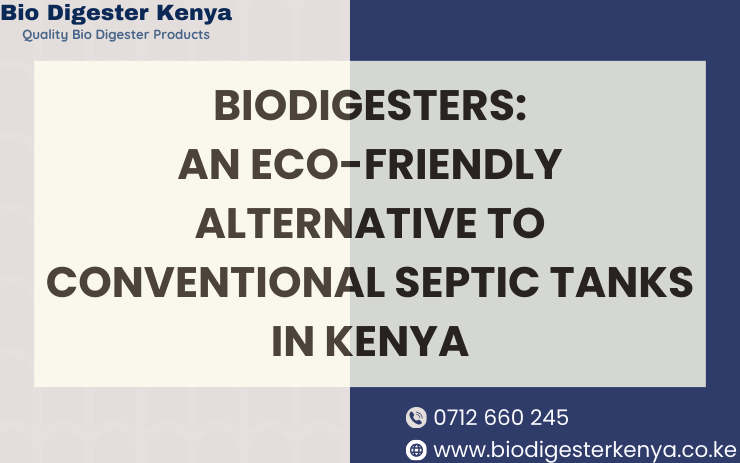
Introduction
In Kenya, as in many parts of the world, the quest for sustainable waste management solutions has led to the adoption of innovative technologies like biodigesters.
Unlike conventional septic tanks, which have been the norm for decades, biodigesters offer a more eco-friendly and efficient approach to managing human waste.
In this article, we’ll delve into the world of biodigesters, exploring their functionality, benefits, and applications in both residential and commercial settings in Kenya.
Understanding BioDigesters
What Are BioDigesters?
Biodigesters are advanced waste management systems that utilize natural biological processes to break down organic waste materials.
These systems operate through anaerobic digestion, a process where microorganisms decompose organic matter in the absence of oxygen. The result is the production of biogas, a renewable energy source, and nutrient-rich effluent, which can be used as organic fertilizer.
How Do BioDigesters Work?
Biodigesters function through a series of biological and chemical processes.
Microorganisms, including bacteria and archaea, break down organic waste material, releasing methane and carbon dioxide gases.
These gases can then be captured and utilized for cooking, heating, or electricity generation.
Meanwhile, the remaining effluent can be safely discharged into the environment or used to fertilize crops and gardens, closing the loop on waste management.
Comparison with Conventional Septic Tanks
Environmental Impact
Compared to conventional septic tanks, which often result in the release of untreated effluent into the environment, biodigesters offer a more environmentally sustainable solution.
By converting organic waste into biogas and fertilizer, biodigesters minimize pollution and greenhouse gas emissions, contributing to cleaner air and water resources.
Efficiency
Biodigesters are also more efficient in terms of waste breakdown and treatment. The anaerobic digestion process is faster and more thorough than the passive filtration process employed by septic tanks, resulting in cleaner effluent and reduced odor issues.
Maintenance
While both biodigesters and conventional septic tanks require regular maintenance, bio digesters typically have lower maintenance requirements.
With proper care and occasional servicing, biodigesters can operate smoothly for many years, providing hassle-free waste management for households and businesses alike.
Benefits of BioDigesters in Kenya
Environmental Sustainability
One of the primary benefits of biodigesters in Kenya is their contribution to environmental sustainability.
By reducing greenhouse gas emissions and minimizing pollution of water bodies, biodigesters help preserve Kenya’s natural ecosystems and biodiversity.
Cost-Effectiveness
Biodigesters also offer significant cost savings over time. While the initial investment may be higher than that of conventional septic tanks, the long-term benefits in terms of reduced energy costs and lower maintenance expenses make bio digesters a more economical choice in the long run.
Versatility
Another advantage of biodigesters is their versatility. These systems can be customized to suit the needs of various environments, from rural homesteads to urban apartment complexes.
Additionally, biodigesters can accommodate different types of organic waste, including human waste, food scraps, and agricultural residues, making them a flexible solution for diverse waste management challenges.
Installation and Maintenance
Installation Process
The installation of a biodigester typically involves excavating a pit or trench, installing the digester tank, connecting the inlet and outlet pipes, and sealing the system to prevent gas leaks.
The process may vary depending on factors such as the size of the digester and the type of soil.
Maintenance Requirements
While biodigesters require minimal maintenance compared to traditional waste management systems, regular upkeep is essential to ensure optimal performance.
This may include monitoring gas production, inspecting pipes and seals for leaks, and removing any accumulated solids from the digester tank.
Routine servicing by trained professionals can help prevent issues and prolong the lifespan of the bio digester system.
Applications in Residential Homes
Improved Waste Management
In residential settings, biodigesters offer a sustainable solution for managing human waste.
By converting organic waste into biogas and fertilizer, biodigesters help reduce the environmental impact of household activities while providing a renewable source of energy for cooking and heating.
Energy Production
Furthermore, biodigesters can help households save on energy costs by providing a reliable source of biogas for cooking and heating.
This is especially beneficial in rural areas where access to conventional energy sources may be limited or unreliable.
Applications in Commercial Spaces
Waste Management Solutions
In commercial settings such as hotels, restaurants, and schools, biodigesters offer an efficient and hygienic solution for managing organic waste.
By installing biodigesters on-site, businesses can minimize waste disposal costs and reduce their environmental footprint while producing renewable energy and fertilizer.
Cost Savings
Moreover, biodigesters can generate significant cost savings for commercial entities over time.
By converting organic waste into biogas and fertilizer, businesses can reduce their reliance on expensive energy sources and synthetic fertilizers, resulting in long-term financial benefits.
Case Studies
Successful Implementations in Kenya
Several businesses and institutions in Kenya have successfully implemented bio digester systems for waste management.
For example, a leading hotel chain in Nairobi installed biodigesters at its various properties to manage food waste and sewage efficiently.
By utilizing biogas for cooking and heating, the hotel chain was able to reduce its energy costs and carbon footprint while enhancing its sustainability credentials.
Similarly, a dairy farm in the Rift Valley region adopted bio digesters to manage cow manure and other agricultural residues.
The bio digester system not only helped the farm reduce odor issues and environmental pollution but also provided a reliable source of biogas for cooking and electricity generation.
Conclusion
In conclusion, biodigesters offer a sustainable and eco-friendly alternative to conventional septic tanks in Kenya.
With their ability to convert organic waste into biogas and fertilizer, biodigesters help reduce pollution, conserve energy, and promote environmental sustainability.
Whether in residential homes or commercial spaces, biodigesters provide a versatile and cost-effective solution for managing waste while harnessing renewable energy resources.
Frequently Asked Questions (FAQs)
1. What is the lifespan of a bio digester?
Biodigesters typically have a lifespan of 20 to 30 years with proper maintenance and care.
2. How much space is needed for installing a biodigester?
The space required for a biodigester depends on factors such as the size of the system and the type of soil.
Generally, a small biodigester may require a space of a few square meters, while larger systems may need more extensive excavation.
3. Can biodigesters handle all types of organic waste?
Biodigesters can process a wide range of organic waste materials, including human waste, food scraps, agricultural residues, and animal manure.
However, certain materials, such as plastics and metals, should be kept out of the system to avoid damage.
4. Are bio digesters suitable for areas with high water tables?
Yes, biodigesters can be installed in areas with high water tables by employing proper engineering techniques such as elevated installation or watertight sealing.
5. How do I maintain a biodigester system?
Regular maintenance of a biodigester system includes monitoring gas production, inspecting pipes and seals for leaks, and removing any accumulated solids from the digester tank.
It is advisable to schedule periodic servicing by trained professionals to ensure optimal performance and longevity of the system.
